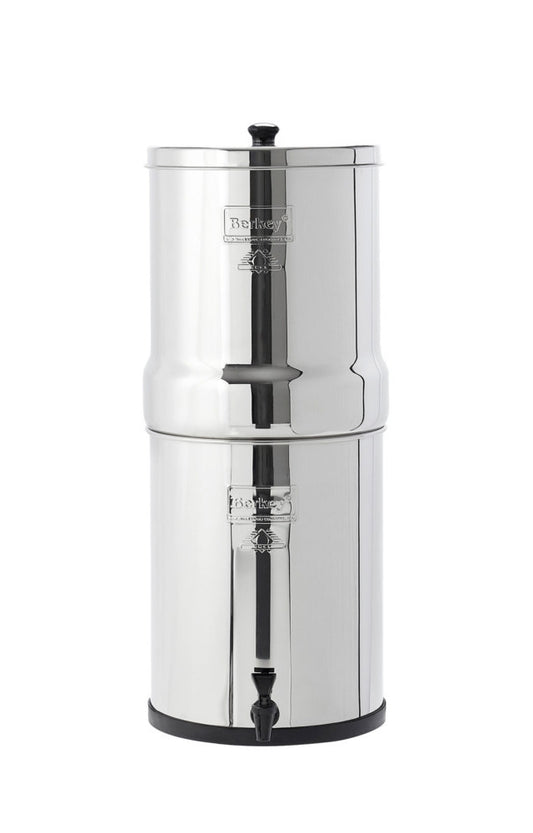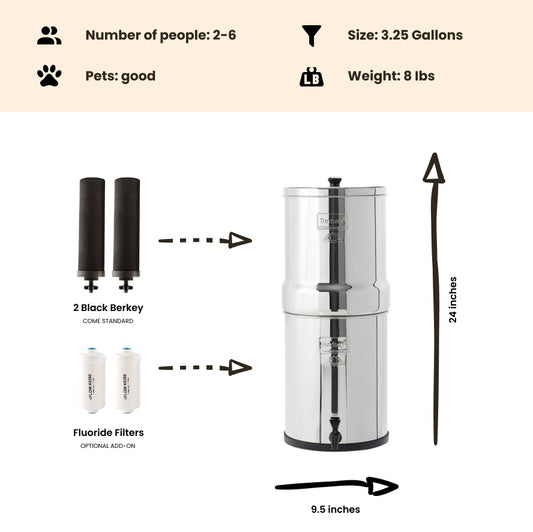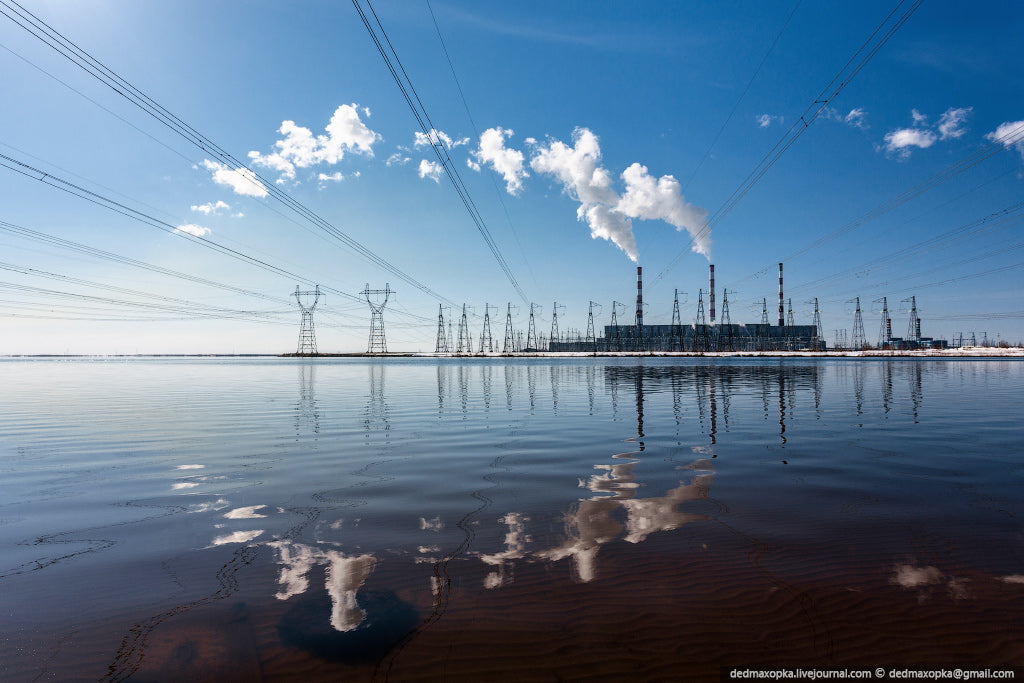
Growth in Clean Energy May Increase Pressure on Water Resources
By Dan DeBaunShare
Efforts to mitigate climate change in the energy sector could result in growing pressure on freshwater sources. In turn, this could lead to water shortages in other sectors, including domestic water supplies, according to a study that was recently published in Environmental Research Letters. However, increasing energy efficiency together with focusing more on solar and wind power, which are less water dependent, or adopting cooling technologies that are more water-efficient, could help alleviate these pressures, the study reveals.
The study, which strives to systematically highlight the key areas of water usage in the energy sector, examined forty-one potential energy production scenarios identified by the International Institute for Applied Systems Analysis (IIASA) in their Global Energy Assessment (2012) as being compatible with keeping future global temperature rise within the 2°C target.
"While there are alternative possible energy transition pathways which would allow us to limit global warming to 2°C, many of these could lead to unsustainable long-term water use," explains lead author, Oliver Fricko, a researcher with the International Institute for Applied Systems Analysis (IIASA.) "Depending on the energy pathway chosen, the resulting water use by the energy sector could lead to water allocation conflicts with other sectors such as agriculture or domestic use, resulting in local shortages."
The energy sector currently uses approximately 15% of all global water usage, but this could increase by over 600% by 2100 compared to water usage in this sector in the year 2000. The bulk of this water is used by thermoelectric power stations — including power stations powered by fossil fuels or biomass, nuclear power stations, and solar power stations — that require water for cooling.
However, water usage in not the only issue of concern. When water is pumped from rivers (or the ocean) and used for cooling power plants, it is discharged back to the source once it has circulated through the power plant. The water that is released is much warmer than when it was drawn into the plant — an environmental problem referred to as thermal pollution — which can impact aquatic life in both freshwater and marine systems. According to the study, the incidence of thermal pollution is likely to rise in future unless steps are taken to minimize such pollution by developing and implementing new technologies that mitigate these impacts.
The study also highlights the role that energy efficiency plays in reducing the pressure on water resources. According to Simon Parker, an IIASA researcher and co-author of the paper, the easiest way to minimize the pressure placed on our water resources by the energy sector is to reduce energy use by improving energy efficiency; particularly in developing nations, where demand for electricity is expected to increase substantially in the future ahead.
The study, which builds on a recently published IIASA research study that shows the impact of climate change on water resources has the potential to impact energy production capacity, highlights the need for an integrated approach when trying to analyze and understand the global challenges relating to water, energy and climate.
According to the Director of IIASA's Energy Program, Keywan Riahi, these findings have major implications for the way in which climate change mitigation strategies should be implemented.
"Energy planners need to put more emphasis on the local water impacts, since they may limit policy choices," say Riahi. "Ultimately we need integrated strategies, which maximize synergies and avoid trade-offs between the water and climate change and other energy-related objectives."
Reference
Fricko O, Parkinson SC, Johnson N, Strubegger M, Van Vliet MTH, Riahi K, (2016). Energy sector water use implications of a 2-degree C climate policy. Environmental Research Letters 11 034011 doi:10.1088/1748-9326/11/3/034011 https://iopscience.iop.org/article/10.1088/1748-9326/11/3/034011
-
Regular price From $302.00 USDRegular priceUnit price / per
-
Regular price $234.00 USDRegular priceUnit price / per
-
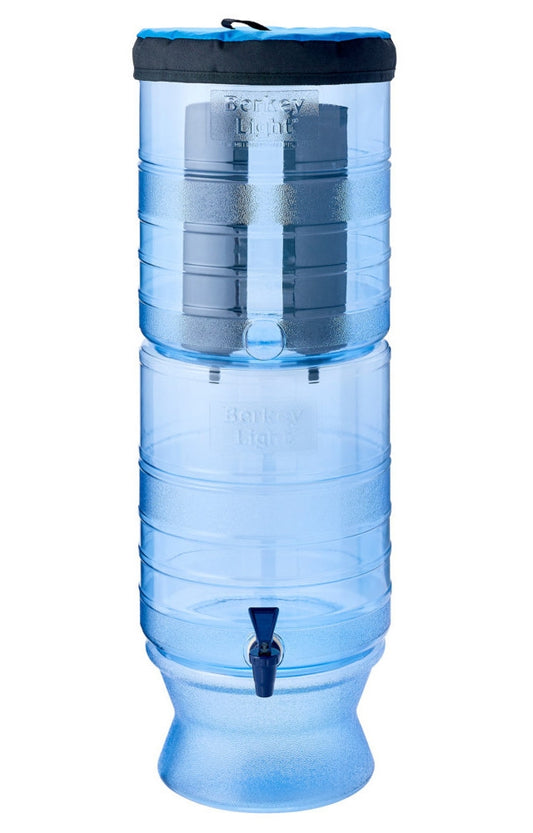
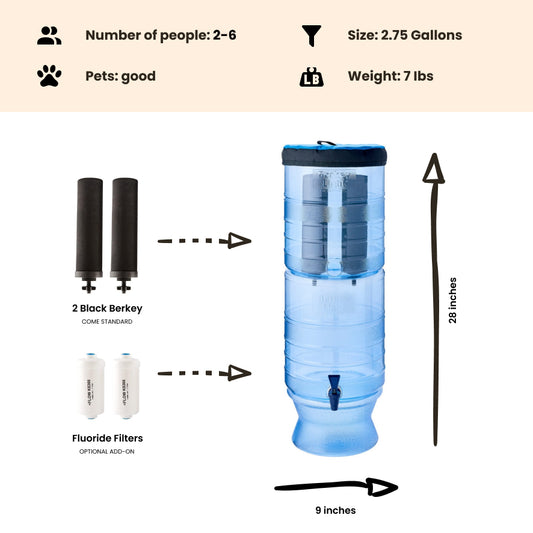 Sold outRegular price From $305.00 USDRegular priceUnit price / per
Sold outRegular price From $305.00 USDRegular priceUnit price / per -
Regular price $327.00 USDRegular priceUnit price / per
-
Regular price From $367.00 USDRegular priceUnit price / per
-
Regular price From $408.00 USDRegular priceUnit price / per
-
Regular price From $451.00 USDRegular priceUnit price / per

Dan DeBaun
Dan DeBaun is the owner and operator of Big Berkey Water Filters. Prior to Berkey, Dan was an asset manager for a major telecommunications company. He graduated from Rutgers with an undergraduate degree in industrial engineering, followed by an MBA in finance from Rutgers as well. Dan enjoys biohacking, exercising, meditation, beach life, and spending time with family and friends.
~ The Owner of Big Berkey Water Filters












